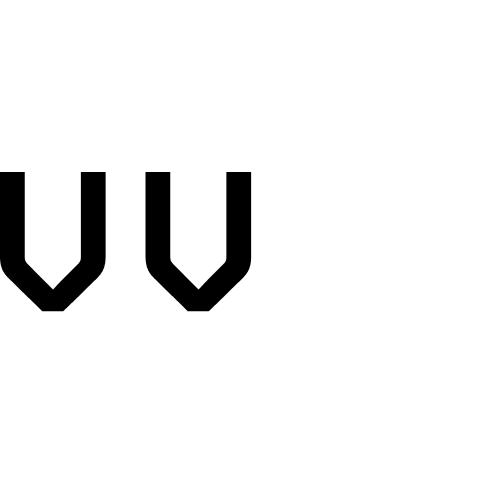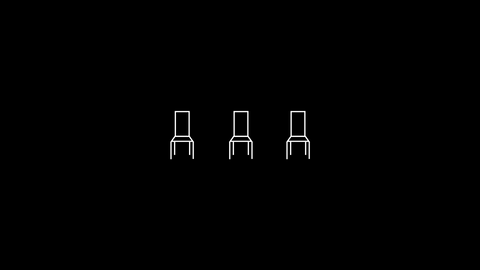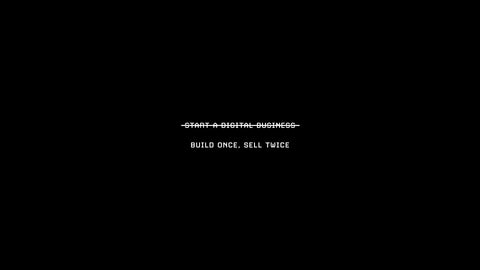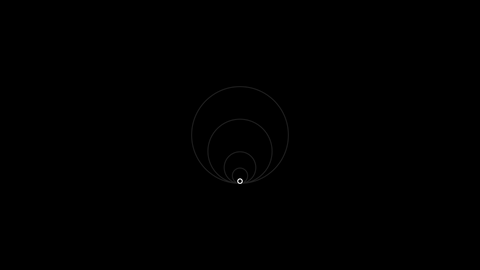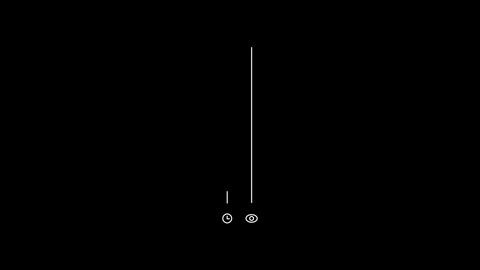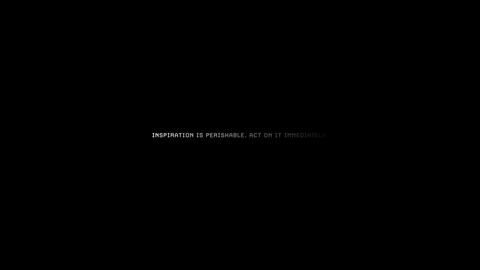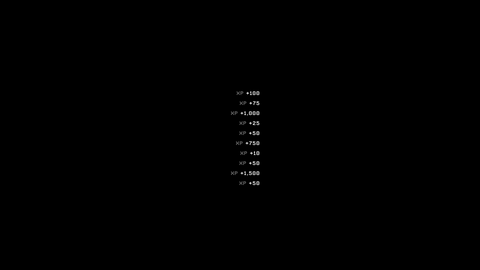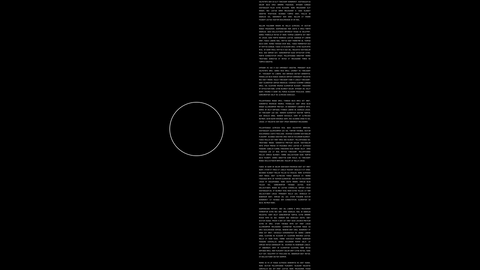One thing I think most people get fantastically wrong about the "creator economy" is the economics required to win for a long time.
"Launch a product."
"Break the relationship with your time and income."
Both sentences I have repeated many times — neither of which contain the level of detail to convey the nuance of this journey in practice.
At the top, creators have huge amounts of leverage — let's call them "leveraged performers."
They practiced for long enough, produced a body of work and a portfolio of assets that can turn the attention they generate into more equity. A classic example of power laws in action.
The performance creates the leverage to sell the product.
Stream to 100,000 people, enroll 1% in product x. Repeat.
In the beginning though, the relationship between performance and product is much more linear. Let's call these people "unleveraged performers."
It's the comedian playing to the 12 person comedy club vs. the Madison Square Garden performance that becomes a Netflix special.
One's making a living off their craft, one isn't. Both started in the same place.
The good news is, the internet is bigger than any comedy club — and every brand of creativity has a shot.
If you'd like to explore this idea in detail, I have documented my journey of building a leveraged business around a specific skillset in Build Once, Sell Twice,
